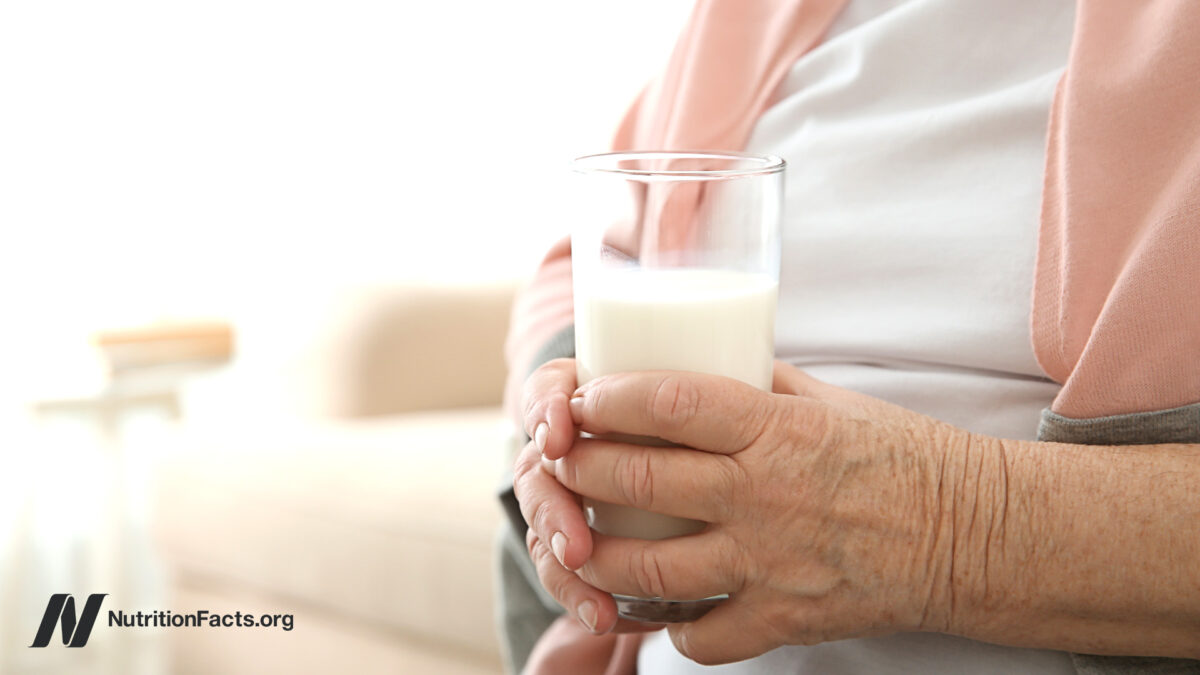Let’s face it—talking about vaginal health can be a difficult topic to discuss with anyone, even a medical professional. But these discussions can be critical to your health, especially when it comes to issues like a vaginal ulcer. While it may not come up in everyday conversation, the condition is more common than you might think—and they can be painful, uncomfortable, and downright scary if you don’t know what’s going on.
Vaginal ulcers can result from a variety of causes, from sexually transmitted infections (STI) to everyday irritants, and knowing the signs can help you get the proper treatment sooner. Whether you’re feeling discomfort and unsure what’s causing it or simply want to be informed, here’s everything you need to know about vaginal ulcers—what they are, how they occur, and when to seek treatment.
What is a Vaginal Ulcer?

Vaginal ulcers are open sores that form on the vulva, which is the external part of the female genitalia. These sores can vary in size and appearance, but they’re usually painful and may be accompanied by other symptoms, such as swelling, discharge, and even fever. Because the area is sensitive, ulcers can also cause discomfort during urination and other daily activities.
How Do You Get a Vaginal Ulcer?
There are several reasons why vaginal ulcers might appear, and the cause often determines the course of treatment. The most common causes include:
1. Sexually Transmitted Infections (STIs)
This is the leading cause of vaginal ulcers. Genital herpes, syphilis, and chancroid are three STIs commonly linked to ulcer development. According to the Centers for Disease Control and Prevention (CDC), genital herpes is the most widespread culprit, affecting around 12% of Americans under the age of 50.
2. Non-STD Infections
Not all infections that cause ulcers are sexually transmitted. Bacterial, viral, or fungal infections—such as yeast infections or bacterial vaginosis—can also lead to ulceration if left untreated or if the area becomes irritated.
3. Autoimmune Conditions
Certain autoimmune disorders can also manifest with vaginal ulcers. These include Behcet’s disease and Crohn’s disease, both of which can cause inflammation throughout the body, including the genital area.
4. Physical Irritations
Everyday activities or products can sometimes trigger ulcers. These include:
- Repetitive friction (e.g., from tight clothing or vigorous sexual activity)
- Allergic reactions (e.g., to condoms or hygiene products)
- Harsh soaps or douching
- Prolonged moisture or heat trapped by underwear (this can cause a yeast or bacterial infection)
Alongside visible sores, you might experience burning, swelling, vaginal bleeding, painful urination, and even fever, depending on the underlying cause.
How Are Vaginal Ulcers Treated?
Treatment can vary depending on what’s causing the ulcers. Sexologist Sofie Roos recommends investing in a mild, unscented soap made for the vagina or only using water when cleaning. “Stay away from tight clothes, use underwear made out of cotton that breathes well during the day, and sleep without underwear,” she says.
Considering the various treatments that are available, here’s what you can expect (or DIY at home to minimize symptoms before being seen):
- Topical medications like lidocaine (for pain relief) or zinc oxide (to protect the skin)
- Antiviral medications or Antibiotics, if a bacterial infection is the root cause
- Over-the-counter pain relievers such as ibuprofen or acetaminophen
- Soothing baths or sitz baths to ease irritation
- Cool compresses to reduce inflammation
When to See a Doctor
Urogynecologist, reconstructive surgeon, and Aeroflow Urology medical advisor Dr. Lopa Pandya says, “You want to contact your healthcare provider once you notice something out of the ordinary.” From there, they will ask about sexual history, medication history and in general symptomatology. “A patient would likely also be tested for sexually transmitted infections either with swabs or a blood test. It is also important to make note of associated conditions that may contribute to ulcers as there are autoimmune conditions which can be associated with vaginal ulcers,” she says.
Genital herpes can be transmitted sexually, whether or not you have symptoms. The American Sexual Health Association (ASHA) notes that several instances, including asymptomatic reactivation, asymptomatic shedding, or subclinical shedding, can occur, meaning the virus may be present but not show any symptoms yet.
However, if the ulcer is caused by friction from sex or an allergic reaction from a scented product, Roos says simply refraining from intercourse and the irritant can heal the issue without medication.
You should make an appointment with your healthcare provider if you experience anything out of the ordinary, including:
- Pain around the site
- Abnormal vaginal discharge
- Blister-like lesions (or crusted-over lesions)
- Itching
- Bleeding
- Urinary symptoms (pain, urgency)
- Pain during intercourse
- Systemic symptoms (fever, fatigue, body aches)
Vaginal ulcers can be painful and unsettling, but they’re often treatable once the cause is identified. Whether it’s an STI, irritation, or an underlying health condition, early diagnosis and treatment are key. Don’t be afraid to seek medical advice. It’s better to get help from a professional first than to let symptoms progress, potentially furthering complications that may be detrimental to your health.







